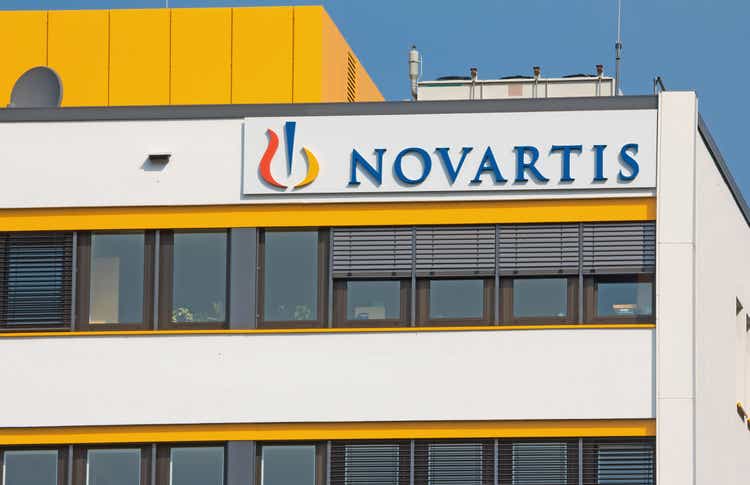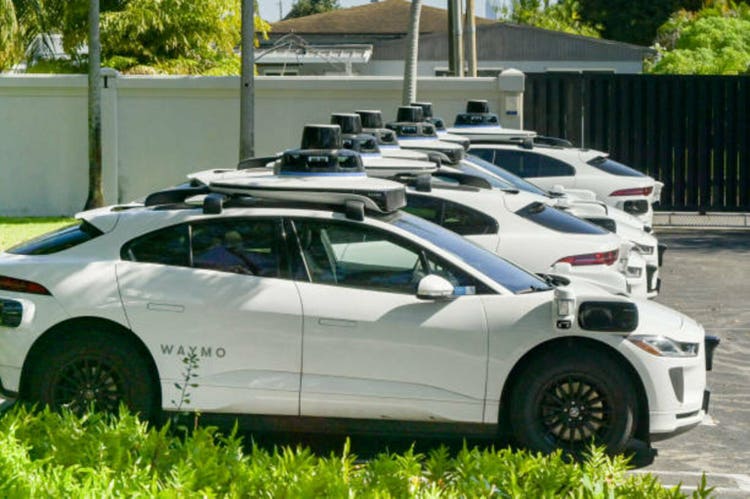What do you want to be when you grow up?
It’s a question we all heard as kids, and our answers were frequently telling. A child’s answer— whether firefighter, astronaut, or, in my case, paleontologist—said something about their instincts and their imagined future.
Lots of kids dream of space and fire trucks, but Philip Clark had a distinct set of ambitions: he wanted to be a physicist and the CEO of Lockheed Martin.
“Oh, I loved the [now-retired Lockheed recon aircraft] SR-71 when I was a kid,” said Clark. “I remember my parents put me in a preschool interview, and I was telling people about the aerodynamics of F-16s. I don’t know how much I really understood at the time, but I was definitely talking about it in building-block interviews with preschool and kindergarten principals. They were like: ‘So, you really want to talk about the air resistance on the angular momentum of this particular wing?’”
Today, Clark may not be the CEO of Lockheed Martin (though he’s only 28, so he still has time) but he’s found another route into defense—in 2022, Clark began working on Thrive Capital’s investment in defense tech juggernaut Anduril, last valued this summer at $30.5 billion. Since joining Thrive from 8VC in 2022, Clark has also worked on the firm’s investments in OpenAI, Cursor, Wiz, Nudge, and Physical Intelligence. Now, Clark has been promoted to partner at Thrive, Fortune has exclusively learned.
“There aren’t that many companies that end up mattering in world history,” he told Fortune. “I often talk about the alien test: If aliens were to come down to Earth and ask how the world works, what companies would appear in your description of the world?… The test at Thrive, for the companies we invest in, is that we need to believe they will appear on that list.”
Thrive, started in 2011 by Joshua Kushner (profiled in Fortune last year), has become known for its big swings—big even among VCs, like doubling down on OpenAI in the largest private tech deal ever.
“I often think about the word ‘counterfactual’ when investing,” said Clark. “There are two types of counterfactuals that are really important when I partner with someone. Test A: If this company or idea didn’t exist, would the world look the same or different? And I don’t mean it in a loosey-goosey way. If you walked down the street, would the world look physically different? Or if you go on your computer, does that computer look different? And Test B: Is this person counterfactually impactful? Could I give another really smart person this same idea, and get a similar result on this company? The answer to both these questions is that the idea needs to be counterfactually impactful, and the person needs to be counterfactually important.”
Clark’s been at the center of the AI boom—jumping in to help hire at Cursor after Thrive’s investment in 2024 and working on the firm’s OpenAI deal—and he doesn’t think there’s an AI bubble.
“People are way too narrow in how they think about what the impact of AI will be on the world,” he said. “There’s a lot about automating knowledge work, but we talk way too little about the fact that this is unlocking fundamentally new ways of manipulating atoms in the physical world… You can actually build fast, manufacturable, easily configurable, highly-customized, valuable hardware and physical world solutions to lots of problems.”
That said, there is, of course, nuance.
“Things can be simultaneously true,” said Clark. “Lots of less strong businesses can be funded as the most important companies in the world are created. I don’t think we’re in a dotcom era bubble right now, but it was true even then that the most important companies of the Internet were created—Google, Amazon, Netflix, etc. That was true even as you had Pets.com and Webvan. Our job is to make sure you partner with Amazon, and as long as you do that early—’97, ‘99, 2001—that’s going to be an important and wild journey.”
AI update… Anthropic announced yesterday it raised $13 billion at a $183 billion valuation, with investors including Iconiq, Fidelity, and Lightspeed. Elsewhere, OpenAI announced plans to acquire Statsig for $1.1 billion in an all-stock deal. In May, we had the exclusive on Statsig’s last funding round, which was conducted at the same valuation it was acquired for.
See you tomorrow,
Allie Garfinkle
X: @agarfinks
Email: alexandra.garfinkle@fortune.com
Submit a deal for the Term Sheet newsletter here.
Joey Abrams curated the deals section of today’s newsletter. Subscribe here.
This story was originally featured on Fortune.com

 2 hours ago
1
2 hours ago
1









 English (US) ·
English (US) ·